Search
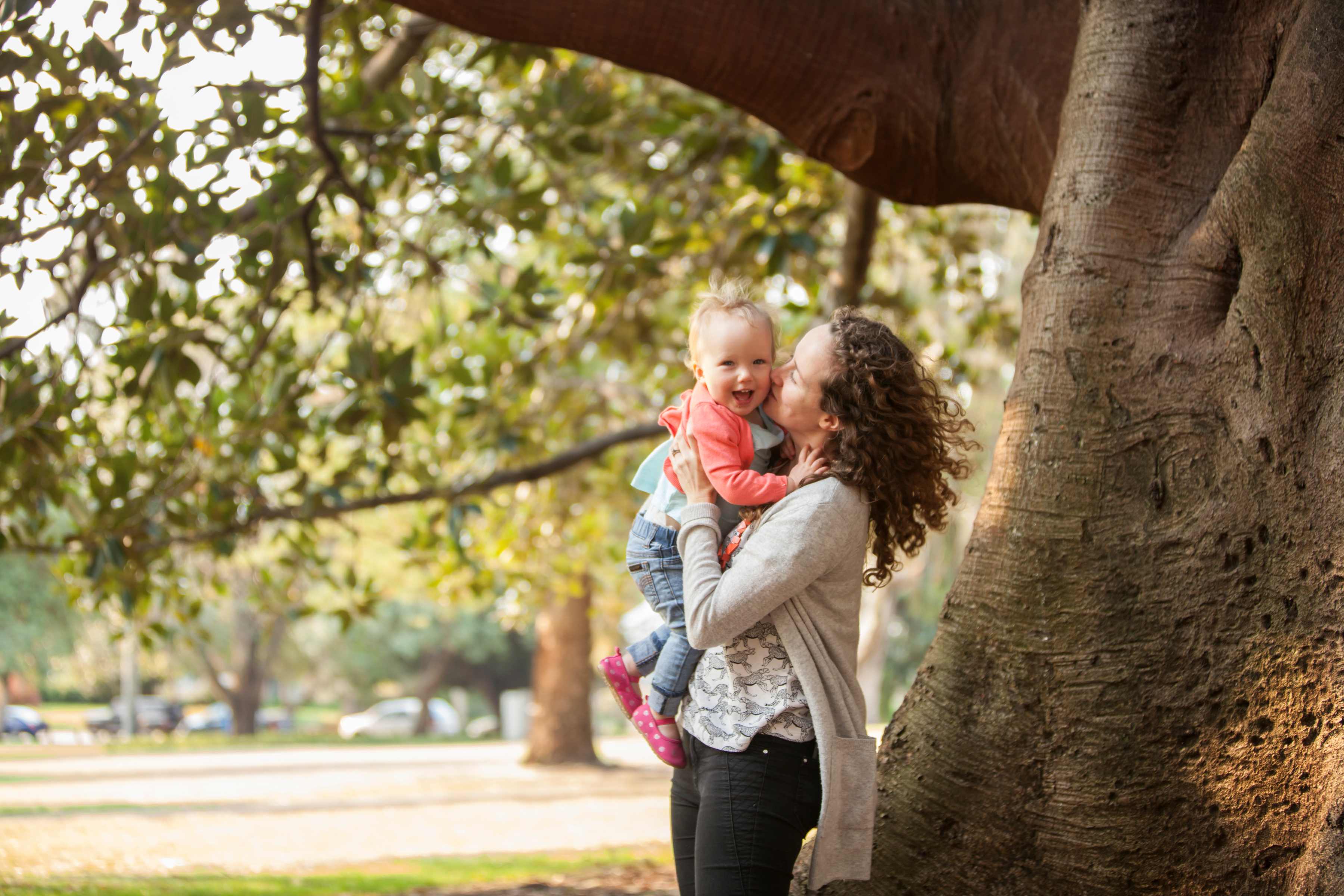
Researchers at The Kids Research Institute Australia are studying a new pneumococcal vaccine designed to provide a broader protection for 21 serotypes of the bacteria S. pneumoniae – 8 more serotypes than the current vaccine given to new babies.
Highlights from the VTG Laboratory in 2025
RSV Update
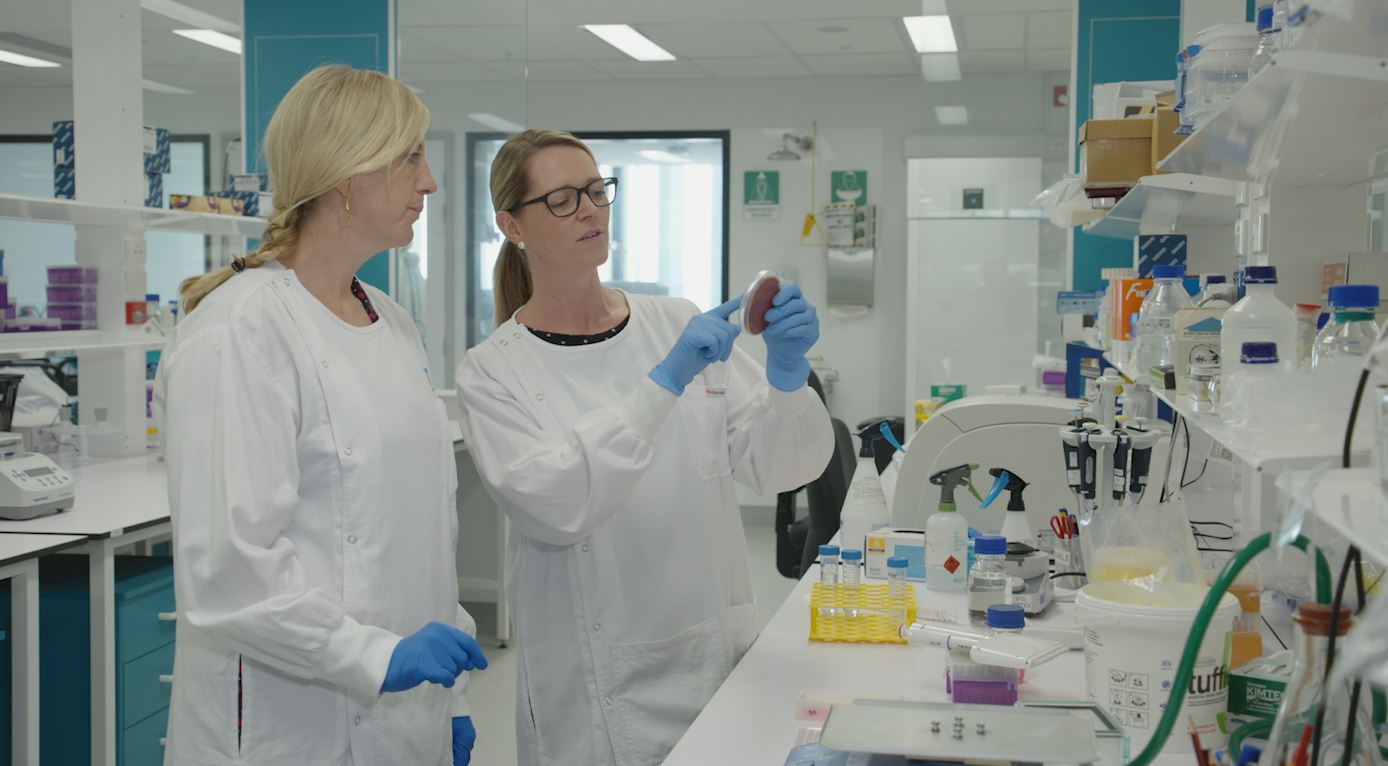
News & Events
Friendly bacteria reduces flu symptoms and ear infections in miceResearch reveals that friendly bacteria may help reduce flu symptoms, offering new insights into potential treatments and enhancing our understanding of immune health.
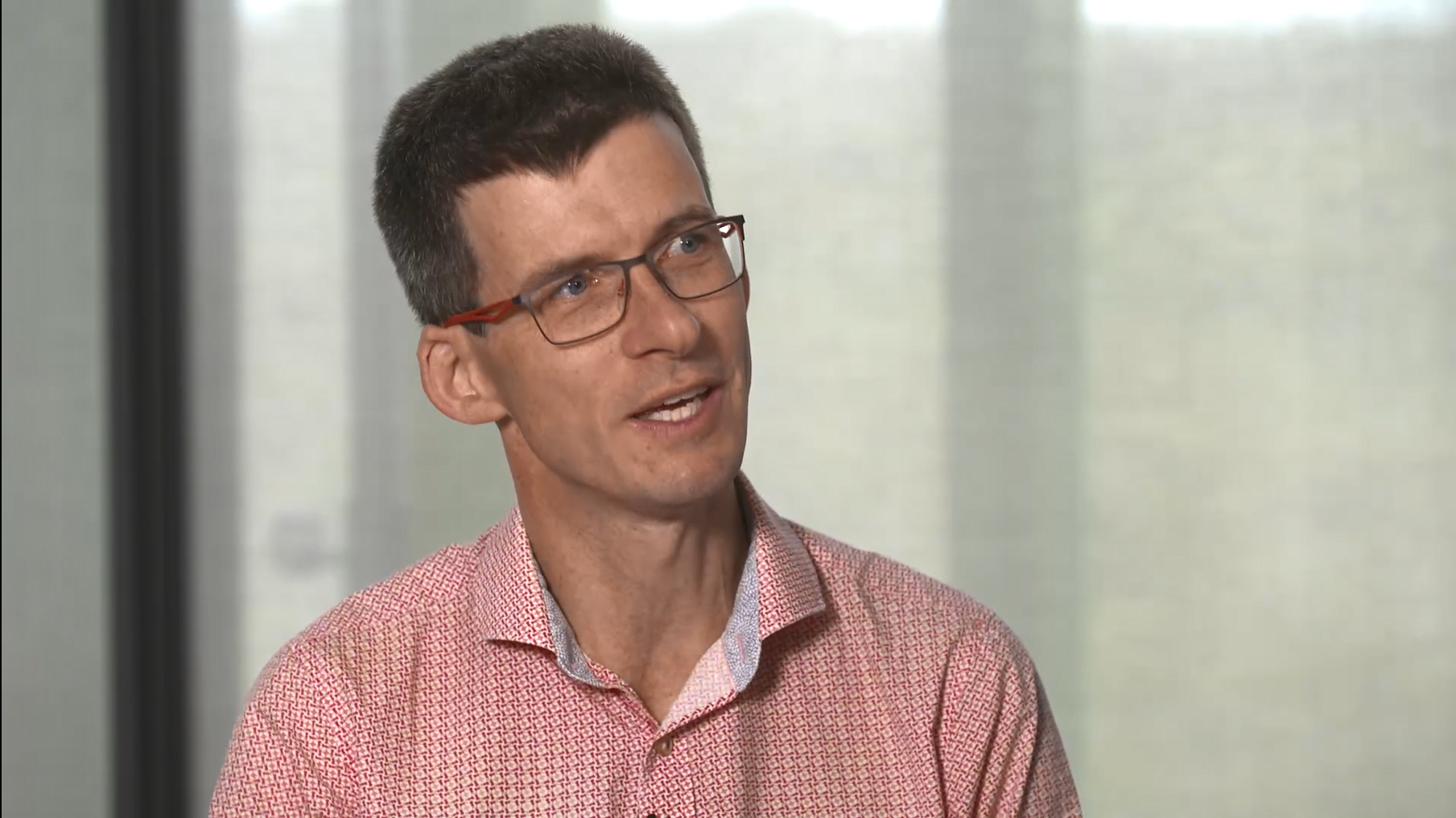
News & Events
National-first RSV immunisation program welcomed by The Kids Research Institute AustraliaThe Kids Research Institute welcomes WA's $11M RSV immunisation program, offering free Nirsevimab to infants, aiming to reduce winter hospitalisations.
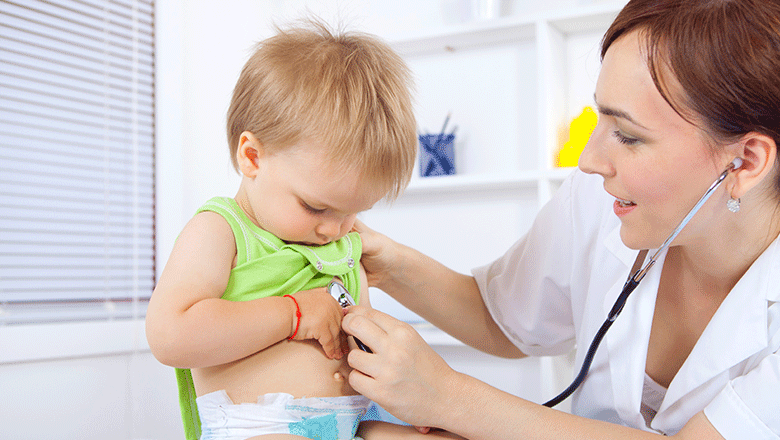
News & Events
Study finds high RSV awareness with parents open to future immunisationA The Kids Research Institute Australia study designed to gauge community awareness of respiratory syncytial virus (RSV) has found parents and parents-to-be are highly aware of the virus and are open to immunisation to tackle it.

News & Events
Study confirms maternal whooping cough vaccine protects babies at critical ageA The Kids Research Institute Australia and Curtin University-led study has found the maternal whooping cough vaccine given to pregnant mothers in the second or third trimester significantly reduced babies’ risk of infection, protecting them at their most vulnerable age.

News & Events
Researchers share their expertise with the community in CockburnResearchers from the Wesfarmers Centre of Vaccines and Infectious Diseases at The Kids Research Institute Australia have shared their expertise with the community in Cockburn, covering topics ranging from respiratory disease in babies to recurring ear infections in kids.
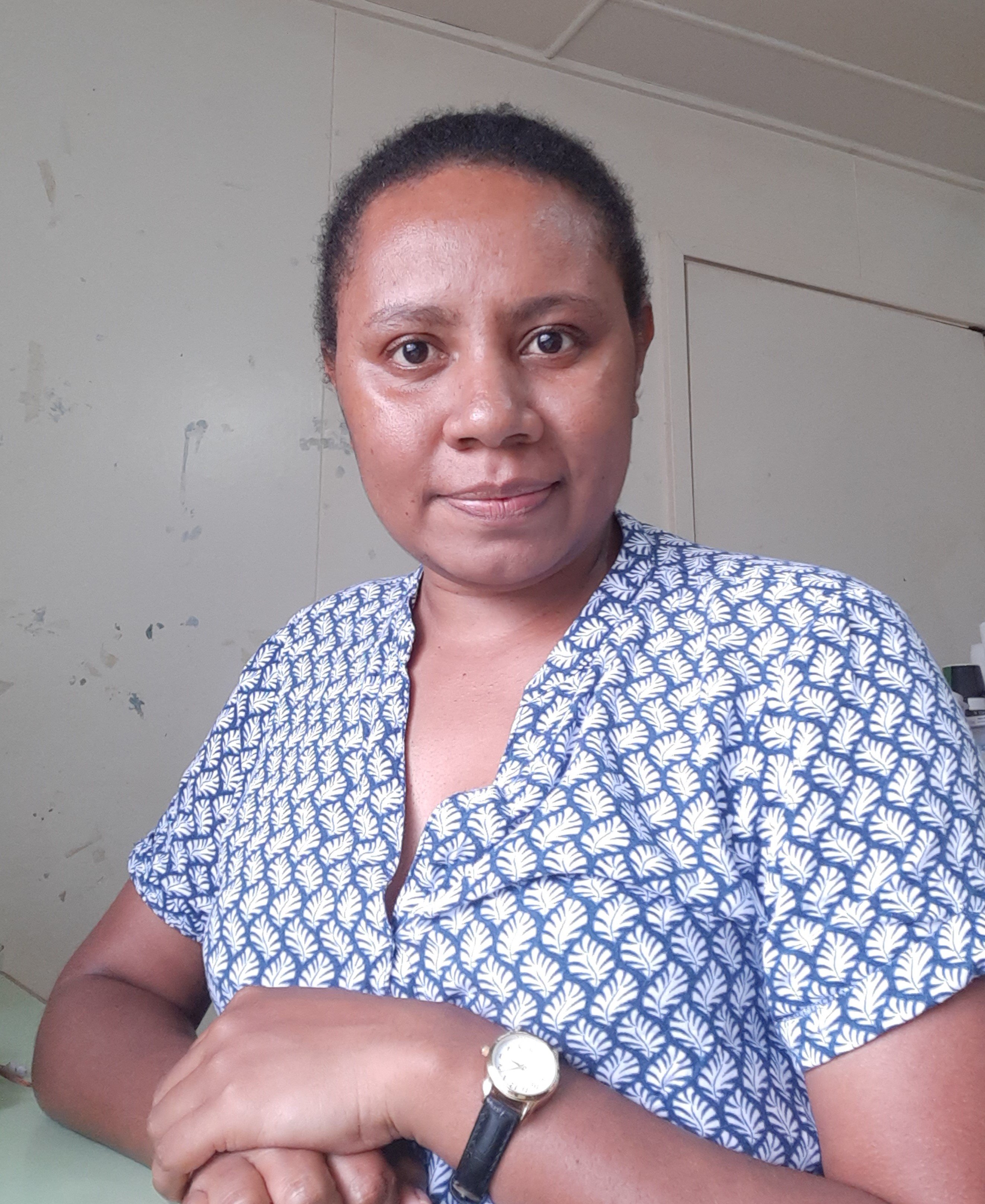
News & Events
Latest Deborah Lehmann Research Award RecipientCongratulations to Dr Paula Tesine who is the successful recipient of the Deborah Lehmann Research Award. As the third recipient of the Deborah Lehmann Research Award, Dr Tesine received $30,000 towards her research.
Registration Testimonials Registration for IIC Perth includes: 2-day lecture program with global experts in infectious diseases Course materials
